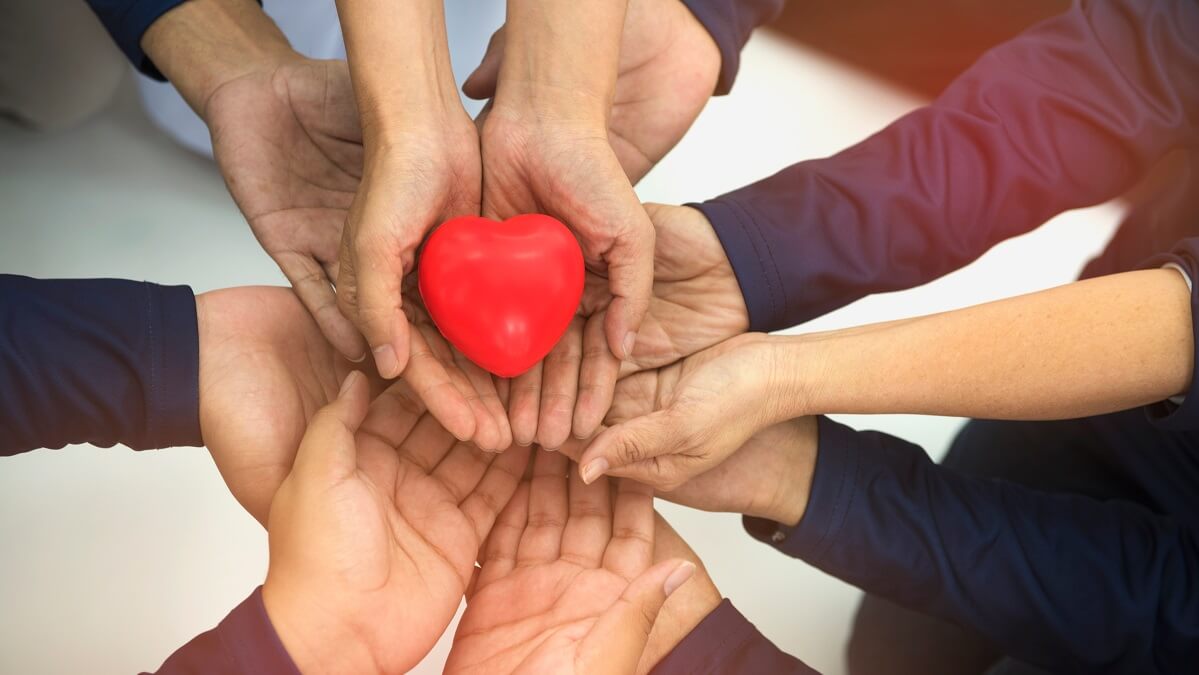When you think of organ donation, you may be unsure whether older bodies, with older organs, are still suitable.
The truth is you’re never too old to register as a donor – even if some parts of your body are a little ‘worn’ out by time. Other parts may still be perfectly suitable to donate. Your age and medical history will be considered, of course, but you shouldn’t assume you are too old, too young or not healthy enough to register.
There are currently about 1800 Australians on waiting lists for life-saving organ transplant surgery and thousands more waiting for life-changing organ or tissue donations.
In DonateLife Week – the annual awareness-raising campaign that aims to encourage more Australians to register as donors – a key reminder is that it takes just one minute to register.
Another critical message is to talk with your loved ones if you plan to register. When it comes to organ donation, consent from family members is still essential even if you have registered.
Popular plans right now
What is organ donation?
Organ donation is the act of taking healthy organs and tissues from one person and giving them to someone else. It’s a generous decision that can give hope – and life – to someone with an urgent health problem. Most people may think of organ donation as something that happens when you’re deceased, but there are also circumstances when living donors can donate a kidney (typically for a child, partner, sibling or parent) to help someone else they love live a better life.
There is no age limit to becoming a donor
To register as an organ and tissue donor in Australia, you must be 16 and over. But when it comes to age limits for Australians keen to register to donate their organs and tissues on the Australian Organ Donor Register (AODR), there is no such thing as too old.
When the times comes, the specialist donation team will make an assessment case by case, and no matter how old you are, or what your health condition might have been, there is every chance that some of your organs and tissues may be suitable to change or save a life.
Sharing support with families of donors
The decision to consent to organ donation usually comes at a difficult time. But support services are a key part of the DonateLife process.
Every donor’s family and every recipient has a powerful story about his/her own connection to organ and tissue donation and the impact organ transplants can have.
For some, receiving a much-needed organ transplant gives someone a lifetime of good health. For people connected to someone who has become a donor, it’s a life-saving, life-changing gift that is never forgotten.
Key facts about organ donation in Australia:
- In 2022, around 1400 people (of the 80,000 people who died in Australian hospitals) died in a way in which organ donation could be considered.
- Requests to families for donation were made in 1300 of those cases.
- 701 families said yes to donation in the hospital – representing a national consent rate of 54 per cent – with 454 people becoming organ donors.
- With only a small number of potential donors, increasing consent is critical to increasing the national donation rate.
- About1800 Australians are waitlisted for a transplant and around 14,000 additional people are on dialysis – some of whom may need a kidney transplant.
- Making a difference is as easy as registering today.
Are you already registered as an organ and tissue donor? Have you made sure your loved ones know your wishes? Do you have a personal story about organ donation or organ transplant? Share your stories in the comments section below.
Read more: Most expensive health insurance policies revealed

